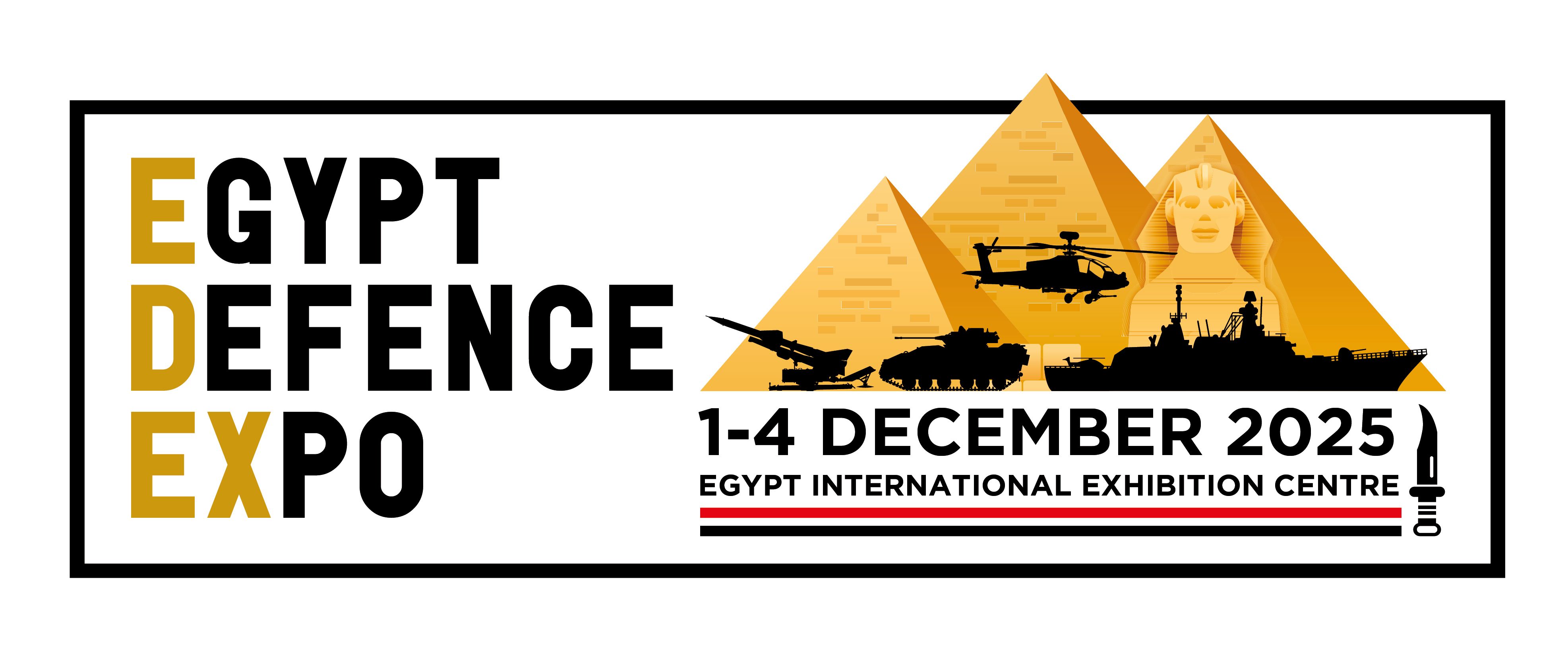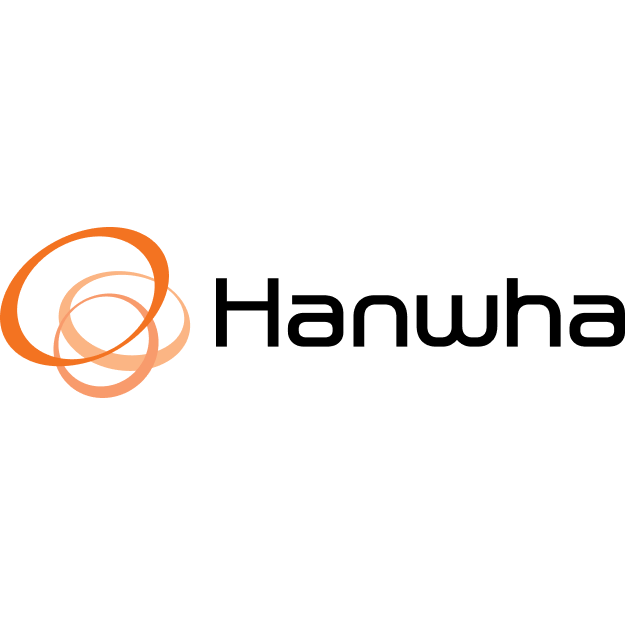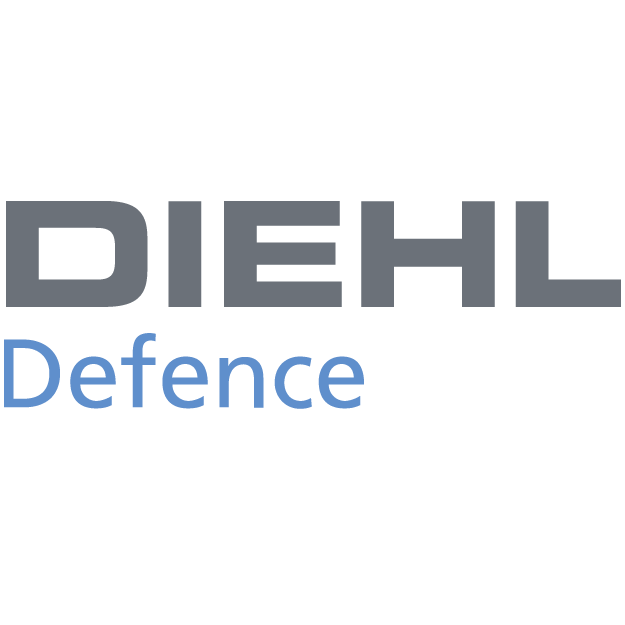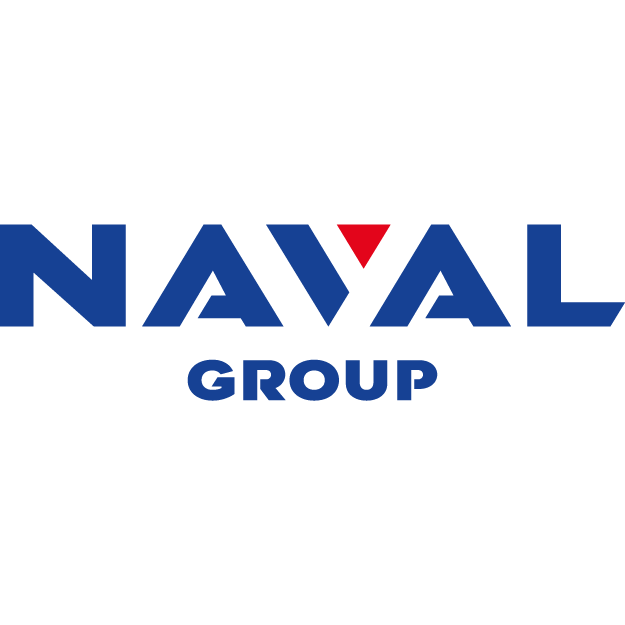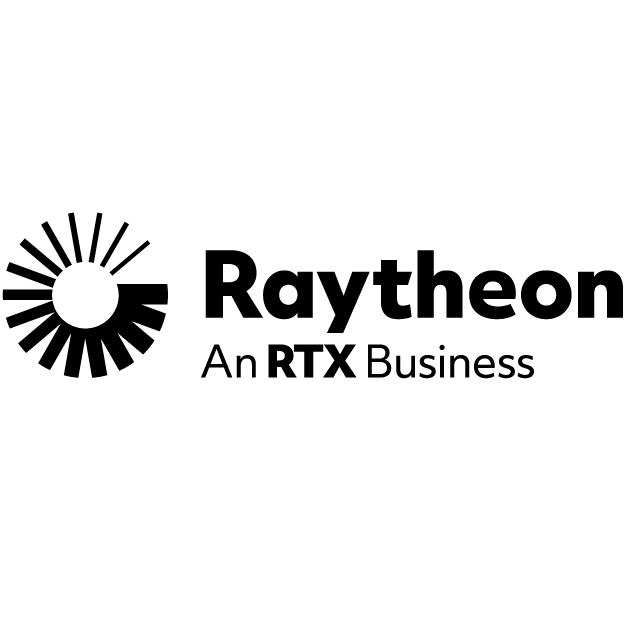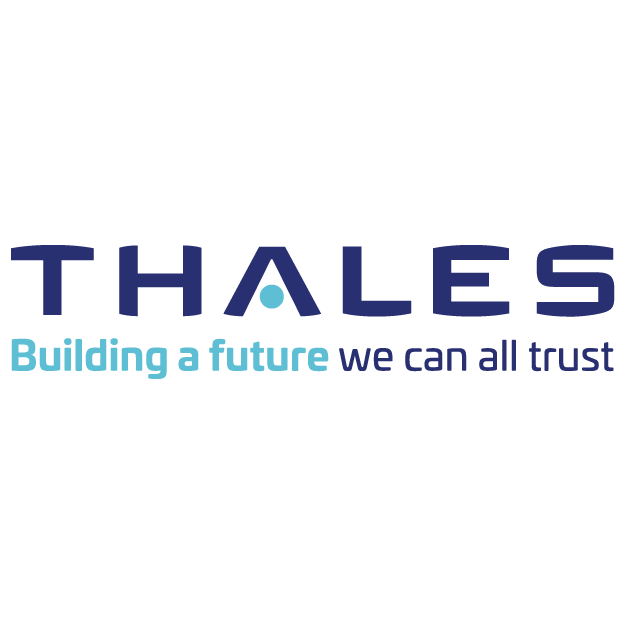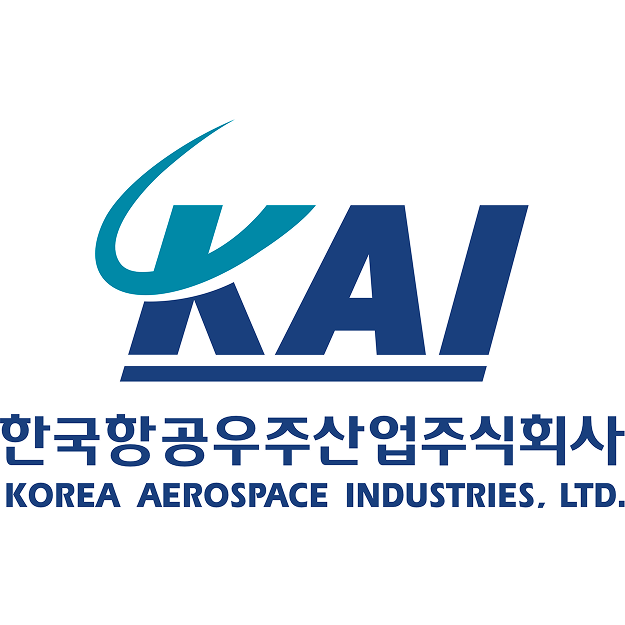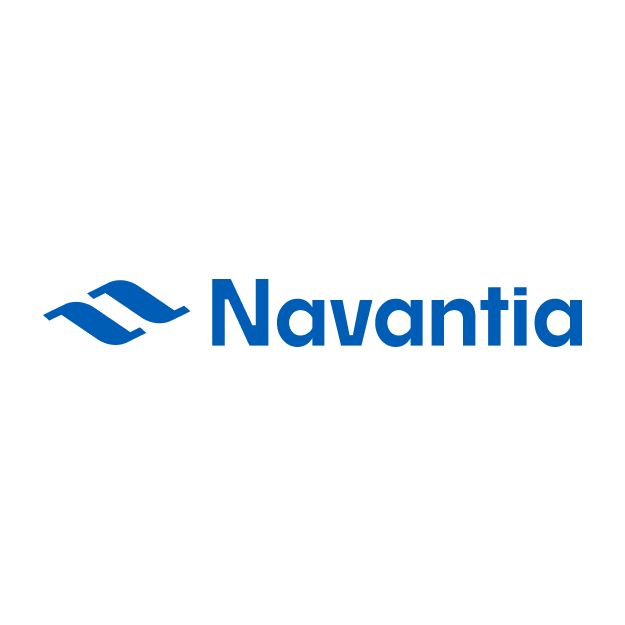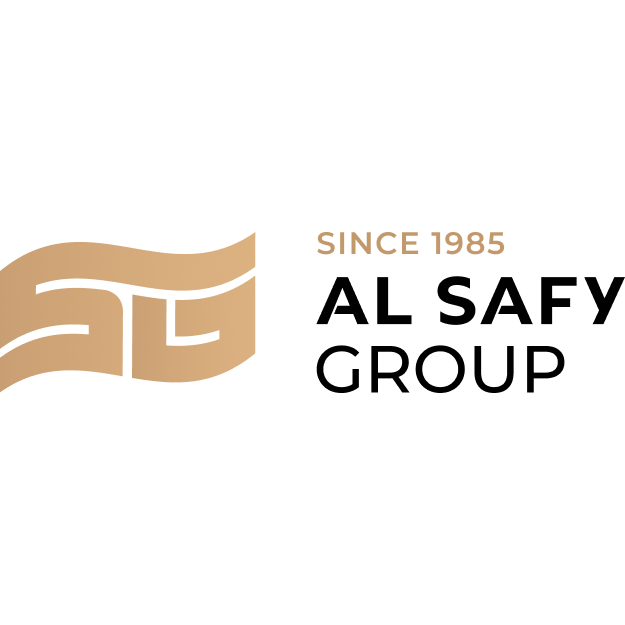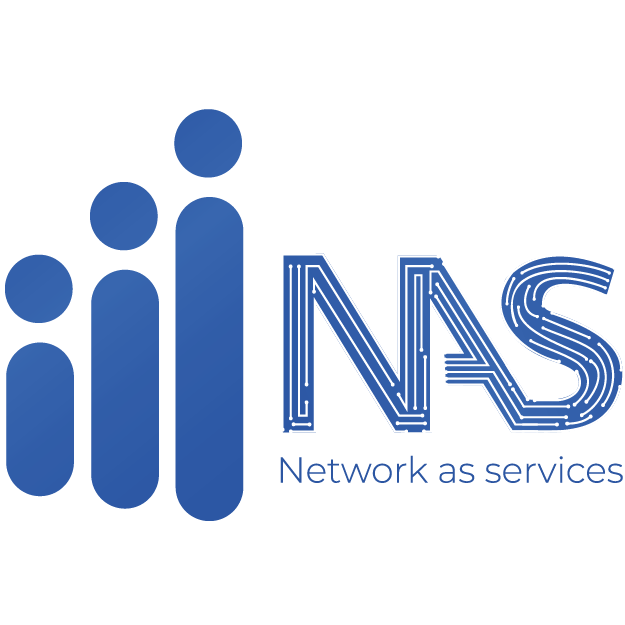US military, economic assistance to Egypt reach $50bn, $30bn since 1978, respectively: Ambassador Cohen
)
Cohen said that the US military assistance supports Egypt’s maritime and border security as well as the shared fight against terrorism. The Ambassador believes this close cooperation will continue.
He stressed that the US-Egypt strategic partnership is vital to both countries, stating that the US-Egypt economic, social, health, political, and cultural ties continue to deepen. It has been profoundly gratifying to contribute to the strengthening of the US-Egypt strategic partnership, affirmed recently by President Joe Biden and Secretary of State Antony Blinken in their discussions with Egyptian President Abdel Fatah Al-Sisi and Egyptian ministers.
“That is what I and our 1,700 person strong mission have been working for since the day I arrived over a year and a half ago. We remain committed to advancing our work with Egypt to strengthen regional security and stability, increase trade exchange and investment, improve infrastructure, protect cultural heritage, and help deliver educational opportunities to Egypt’s young people,” Cohen said.
“It is a great responsibility and a great privilege to be the steward of this vital relationship,” the Ambassador assured.
The US celebrates the Independence Day (4 July) on Sunday. On this occasion, Daily News Egypt sat down with Ambassador Cohen to shed light on the aspects of cooperation between Egypt-US.
What are the US priority files in terms of its diplomatic relations with Egypt? Which cooperation files need to be enhanced?
The US-Egypt strategic partnership is vital to both nations and spans decades. We have cooperated with one another every day, across the administrations of eight US presidents on a wide agenda which began with Egypt’s pioneering role in promoting Middle East peace. During my time in Egypt, we have worked closely together on regional issues, maritime security, trade, and investment promotion, environmental issues, counterterrorism, education, cultural exchange, and a wide variety of other issues.
President Biden has made clear that human rights will be at the centre of our foreign policy with all our partners, including with Egypt and we have serious high-level discussions on the topic. Egypt is a long-term strategic partner, with whom we continue to work to advance regional security and stability, and to promote a stable, prosperous Egypt which advances the human rights aspirations of its people.
We appreciate the recent steps Egypt has taken to improve religious freedom, including approving applications to license unregistered churches and constructing new churches, and improve respect for women’s rights, and combating of female genital mutilation.
Could you please elaborate on the US position towards the dispute between Egypt and Sudan on one side, and Ethiopia on the other side over the Grand Ethiopian Renaissance Dam (GERD)?
We support a negotiated solution by Egypt, Ethiopia, and Sudan to resolve their disagreements on the GERD. We appreciate the importance of water security to Egypt. To underscore our commitment to addressing this issue, Secretary Blinken appointed Ambassador Jeffrey Feltman as Special Envoy for the Horn of Africa, and one of his responsibilities is to lead our efforts on the GERD.
How did you see Egypt’s role in the ceasefire between Gaza and Israel? What was the US position of the recent escalation?
When President Biden phoned President Al-Sisi last month, he thanked Egypt for its successful diplomacy and coordination with the US to end the recent hostilities between Israel and Gaza and ensure violence does not reoccur. The two leaders consulted on the urgent need to deliver humanitarian assistance to those in need in Gaza and to support rebuilding efforts in a manner that benefits the people there and not Hamas. President Biden asked Secretary of State Antony Blinken to visit the region to follow up on the situation, and of course Secretary Blinken came to Egypt where he conveyed again President Biden’s appreciation to President Al-Sisi for Egypt’s critical mediation efforts in support of a ceasefire in Gaza. They also discussed ways to rebuild Gaza without benefiting those organizations that oppose the peace process. We look forward to continuing efforts to move forward towards negotiations for a two-state solution.
Does the US plan to participate in the Egypt Defence Expo 2021? If yes, what are the weapons that you will present?
Planning is well underway for the Egypt Defence Expo (EDEX) 2021. The US industry was well represented during the inaugural EDEX in 2018 and we look forward to robust participation this year. While we are still determining which systems the US can get to the trade show, we know that there are already dozens of US companies registered to attend.
What is your assessment of the US-Egyptian relations, particularly in the economic sector?
The US-Egypt strategic partnership is vital to both nations and spans over decades. Egypt is our largest export market in Africa and the United States is Egypt’s second-largest trade partner. We are also one of Egypt’s largest sources of foreign direct investment (FDI). We are working with Egypt to promote economic growth and increase bilateral trade and investment.
How do you assess the Egypt- US trade exchange during the first half of 2021?
Egypt is the United States’ top export market for goods and services in Africa, and the fourth largest in the Middle East. US-Egyptian trade grew by nearly 76% from 2016 to 2019, from just under $5bn to almost $8.8bn in 2019. US exports to Egypt were $5.5bn in 2019, up 57% since 2016. Egyptian exports to the US reached $3.3bn in 2019, more than double their value in 2016. This growth in our trade relationship reflects our intensive focus on facilitating partnerships between US and Egyptian firms and promoting bilateral trade, and I think there’s room for further growth as our two countries emerged from the pandemic.
Could you elaborate on the volume of American FDI in Egypt and in what sectors are those investments focused?
US firms invested $1.5bn in Egypt in 2020, making the United States the fifth-largest source of FDI in Egypt last year. We were the third-largest source of FDI in 2019. A lot of our investment is in the oil and gas sector, but US firms are exploring other sectors and are increasing investment in real estate, telecommunications, manufacturing, and financial services. More than 1,400 Egyptian companies outside the oil and gas sector are backed by American FDI, supporting tens of thousands of Egyptian jobs.
In your opinion, what are the steps that Egypt should take to increase its exports to the American market?
I believe offering trade facilities and removing non-tariff barriers to trade, whether administrative or technical, would help spur greater Egyptian exports. Egyptian companies could also explore exporting new value-added products and services. Domestic policies that encourage innovation and the adoption of new technologies can help Egyptian firms take advantage of new opportunities around the globe.
What are the main challenges that still prevent US companies and private sector entities from investing in Egypt? What are your recommendations to attract more US companies to Egypt?
I encourage Egypt to continue improving the protection of intellectual property rights. This is an important issue for US companies. More work needs to be done to lower tariffs and non-tariff barriers, cut bureaucratic red tape, and speed up trade processing. I also think it’s important for Egypt to ensure a level playing field for the private sector when it comes to competing against government-backed firms.
How do you see Egypt’s economic development under after the reform programme?
Egypt’s economic reforms have been impressive. We agree with the IMF that Egypt’s timely and prudent fiscal and monetary action in response to the COVID-19 crisis safeguarded economic stability, debt sustainability, and investor confidence. We expect strong economic growth in the next fiscal year. We believe the economy could further accelerate if the government continues its efforts to improve the business climate.
After the US return to join the Paris Agreement, what’s your agenda for the COP26? Are you planning to increase funding to developing countries, including Egypt, to face the climate change?
During his recent visit to Cairo, Special Presidential Envoy for Climate John Kerry called for increased global ambition on decarbonisation to avoid catastrophic consequences as global temperatures continue to rise. Kerry stressed the US government’s commitment to help Egypt gain access to financing, green technology, and US private-sector investment to achieve its climate goals.
Could you brief us on the level of the cooperation between Egypt and the US to combat COVID-19?
The United States has donated billions of dollars and millions of doses of vaccine to fight COVID-19 via COVAX. We have also committed to donate vaccines directly to partner nations like Egypt. In August 2020 the United States government, through USAID, donated 250 ventilators for use in intensive care units at Egyptian hospitals. We have also provided support and technical assistance to the Ministry of Social Solidarity, the Ministry of Health and Population, and the Egyptian Red Crescent to support their response to the pandemic.
Culture is pivotal in strengthening ties between nations. What is your plan to enhance the cultural exchange between the two countries?
The US has invested in many cultural areas in Egypt as well, with over $100m spent to conserve and protect Egypt’s most important archaeological sites, such as the Sphinx, Kom Ombo Temple in Aswan, and the Kom El Shoqafa Catacombs in Alexandria.
As for arts and education, we are expanding cultural exchanges. Just a few recent and upcoming examples: in the arts, we are partnering with Art d’Egypte which in October will bring together works by contemporary artists against the historic backdrop of the pyramids. In film, we partner with the Gouna Film Festival and the Cairo Film Festival and this year will be hosting a costume design workshop for professional costume designers in Egyptian film.
In May, we funded a hackathon aimed at finding tech solutions for issues in education in the post-COVID world.
